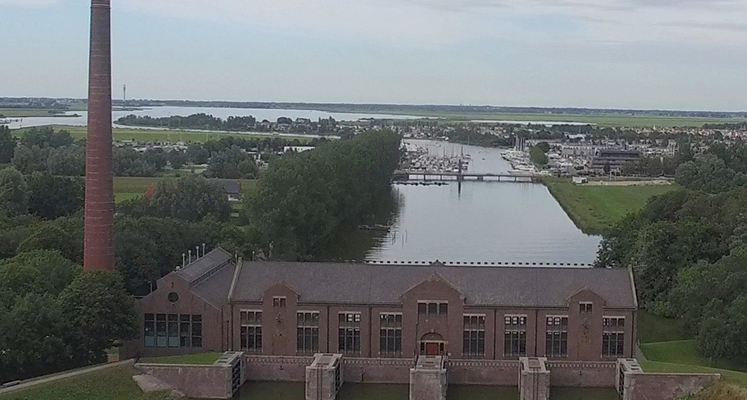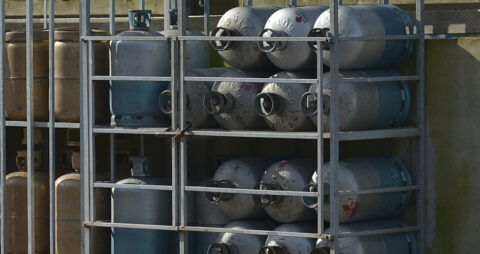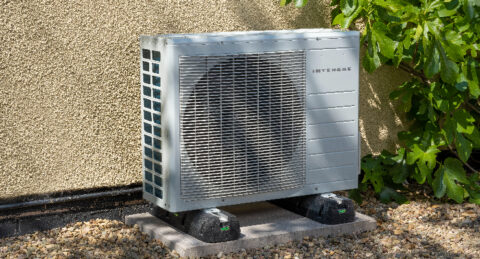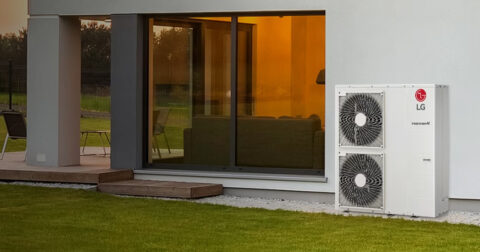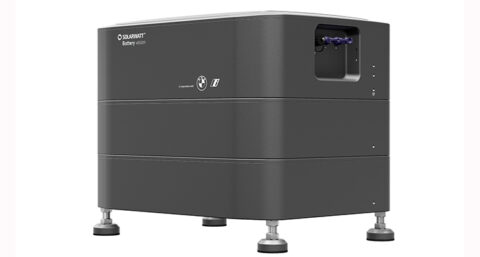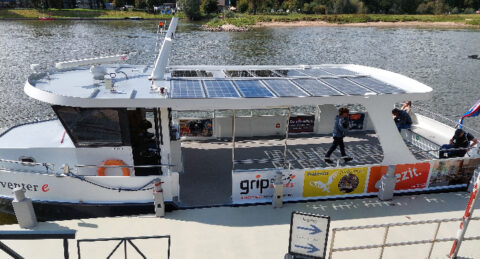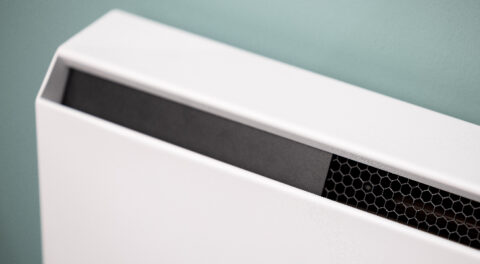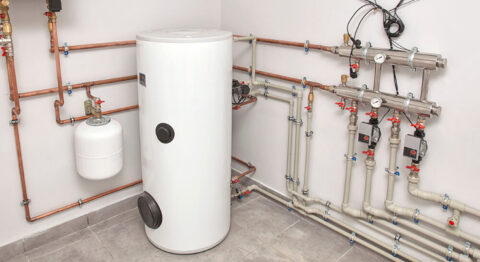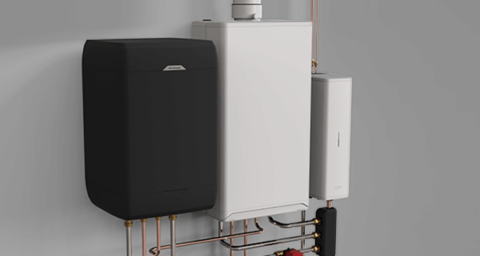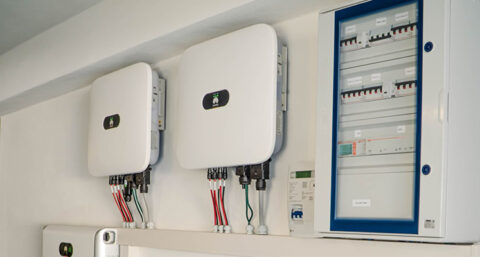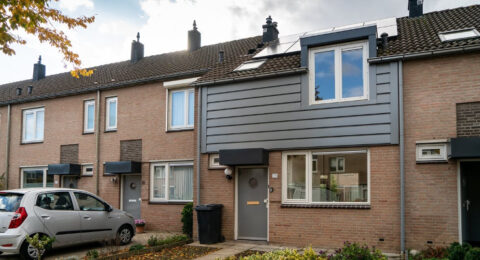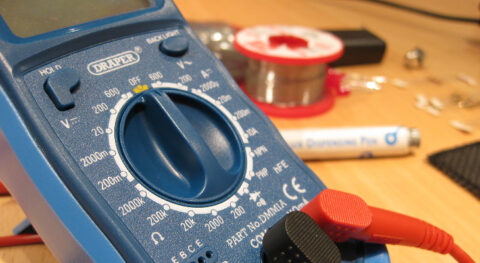Reliable access to the power grid is crucial for water boards to perform their statutory duties. But grid congestion is increasingly troubling water boards. Energy transition and geopolitical developments are also creating challenges. At the request of six water boards, the Foundation for Applied Water Research (STOWA) therefore commissioned the report "Energy supply: available, reliable and affordable (E3B). The main conclusion: the water boards, together with network operators, will have to strategize their energy supply in the coming years.
Energy supplies have changed a lot in recent years. This also affects the water boards, according to the E3B report. The goal was to examine the impact of these developments on the water boards' primary tasks. In addition, the report was to identify the action perspectives of the water boards.
Energy use water boards
Water boards use electricity primarily for purifying sewage and draining polders. In order to continue performing their tasks properly, many parts of the country will need twenty to forty percent more electricity over the next fifteen years. This is mainly due to population growth and stricter water quality requirements.
Grid congestion
Erik den Hertog, board member of the Union of Water Boards: "During the recent high water, the pumping stations were running at full capacity to prevent flooding. As a result, some water boards had to exceed the electricity capacity agreed with the grid operators for the pumping stations. This is already leading to legal letters from energy suppliers. In addition, it is increasingly common for water boards not to receive permission from the grid operator for new connections or to extend their electricity connection. For example, the necessary expansion of sewage treatment plants."
Call
The Union of Water Boards calls on grid operators to exclude water boards from the obligation to stay within the agreed electricity capacity in case of calamities. Erik den Hertog: "The water boards are legally responsible for dry feet and purified sewage. In a situation of 'pump or drown' or for the purification of sewage water, it should not be a question of whether you get power supplied." The water boards are also advocating priority for necessary increases in existing electricity contracts and new connections for their primary duties.
Innovative solutions
Water boards also want to contribute to solutions. Erik den Hertog: "Together with the grid operators, we want to actively look for innovative ways to reduce grid congestion. For example, we want to explore with grid operators whether we can switch our pumping stations on and off more flexibly to become part of the solution. We are also exploring the possibilities of using sewage treatment plants as smart energy hubs, balancing supply and demand in the production and storage of the sustainable energy we generate ourselves from sewage sludge and with solar panels and wind turbines."
Recommendations
The overall conclusion of the E3B report is that water boards need to get even more strategic about their energy supply, effective immediately. The main recommendation is to examine the impact of grid congestion, the increasing risk of grid failure, increasing digitalization and automation, and rising energy costs, among other things. In discussion with grid operators and the immediate environment, water boards should work together to find innovative solutions to eliminate future bottlenecks.
